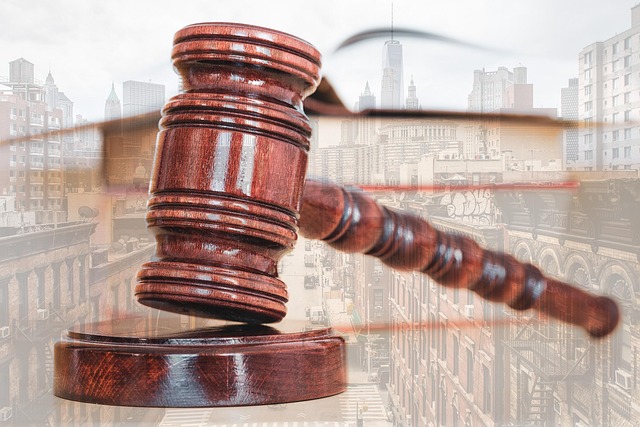Mail wire fraud schemes, using digital tricks to deceive victims into transferring funds through secure mailing systems, have become more complex. Recognizing signs of fraud is crucial for avoiding indictment during post-conviction proceedings, where understanding these practices aids in prevention and prosecution. Victims have specific rights, including fair treatment, information access, and testimony opportunities. Convicted individuals also have critical rights to challenge verdicts and seek sentence relief through appeals. General defense strategies and community support help navigate legal processes and prevent future fraud.
Mail wire fraud is a deceptive scheme that preys on individuals’ trust, costing them countless dollars. This article unravels the intricacies of mail wire fraud, providing insights into common understanding schemes and the rights victims possess during legal processes. We also offer a comprehensive guide to post-conviction appeals, empowering survivors with knowledge crucial for navigating these challenging times. Discover how to protect yourself and reclaim justice in light of these heinous crimes.
- Understanding Mail Wire Fraud Schemes
- Rights of Victims During Legal Processes
- Post-Conviction Appeals: A Guide for Survivors
Understanding Mail Wire Fraud Schemes

Mail wire fraud schemes have become increasingly sophisticated, leveraging the digital age to dupe unsuspecting individuals and businesses. These scams often involve tricking victims into transferring funds through secure mailing systems, promising legitimate business opportunities or urgent matters. Once the money is sent, it’s typically impossible to retrieve, leading to significant financial losses for the victims. Understanding these fraudulent practices is crucial during post-conviction proceedings, as it aids in both prevention and prosecution.
The cunning nature of mail wire fraud necessitates a proactive approach to safeguard one’s rights. By recognizing the signs—such as unexpected requests for urgent fund transfers or suspicious communication methods—individuals can avoid indictment. Those who have fallen victim can then explore legal avenues to recover losses, ensuring they have an unprecedented track record of success for his clients.
Rights of Victims During Legal Processes

When facing mail wire fraud charges, victims have specific rights that are protected by law. During post-conviction proceedings, victims can participate in the legal process and seek justice. They have the right to be treated with fairness and respect, ensuring their voice is heard throughout the entire process. This includes being informed about court dates, updates on the case status, and the opportunity to provide testimony if needed.
The rights of victims extend beyond just prosecution; they are also entitled to protection from retraumatization. Legal professionals in both general criminal defense and white-collar cases should ensure that victims’ needs are considered. This might involve special accommodations, support services, or even involvement in sentencing phases, where victims can contribute to decisions that impact their case and potentially influence the outcomes within the philanthropy and political communities affected by the fraud.
Post-Conviction Appeals: A Guide for Survivors

After a conviction, individuals accused of mail wire fraud have rights during post-conviction proceedings that are crucial for navigating the legal process. This period offers an opportunity to challenge the verdict and seek relief from what may be an unjust sentence. Survivors of such fraudulent schemes can explore various options, including appealing the decision to higher courts, which could lead to a reversal or modification of the original judgment.
Understanding one’s rights is essential for those looking to exercise their freedoms within the legal framework. By engaging with general criminal defense strategies, survivors can advocate for themselves and work towards justice. Additionally, philanthropy and political communities play a role in supporting individuals wrongfully accused by providing resources and raising awareness about the complexities of mail wire fraud cases, ultimately helping to avoid future indictments.
Mail wire fraud can have devastating consequences for victims, but understanding the schemes and knowing their rights during post-conviction proceedings is crucial. By being informed about legal processes, survivors can navigate the system effectively. This article has provided valuable insights into mail wire fraud dynamics, victim rights, and appeals guidance, empowering individuals to take proactive measures in seeking justice and healing.






